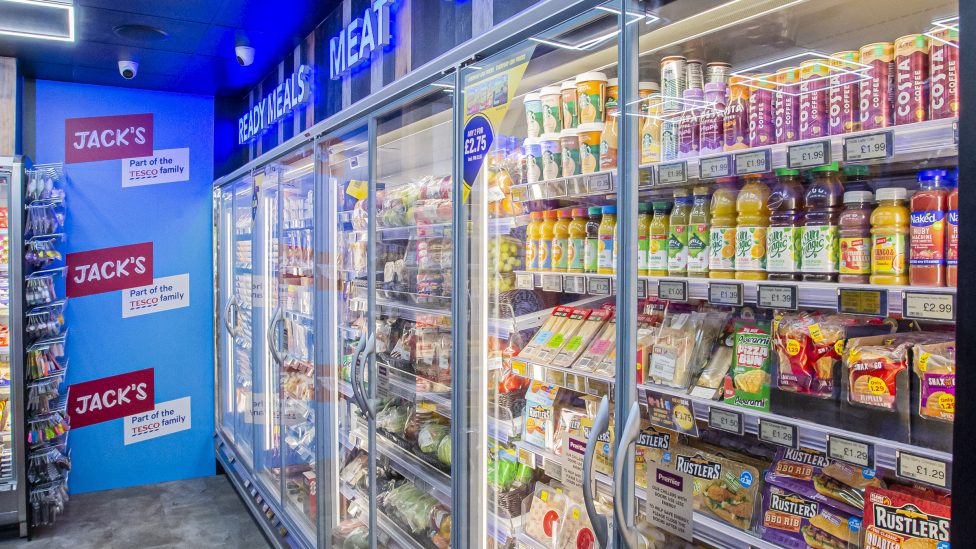ACS has released its Local Shop Report 2023, which surveyed 2,000 retailers and represents more than 5,000 multiple and cooperative stores.
The results found that value growth is expected to rise by 8%, from £47.1bn to £50.9bn, in the sector, and that tobacco and e-cigarettes are responsible for most sales across categories (21.9%). With recent news that disposable vapes may be banned, retailers are concerned about the loss of profits in this area.
Meanwhile, alcohol takes up 15.9% of value sales, followed by chilled foods (12.4%) and soft drinks (7.6%), not including fresh milk.
News and magazines only took up 2.4% of value sales, while frozen foods closely followed this at 2.5%.
The average basket spend was found to be £7.75, with an average visit rate of 2.7 times a week per customer.
The trade body also revealed that convenience stores invested £646m in their businesses over the last year, up from £605m in 2022.
Refrigeration stood out to be the most popular area to invest in (56%), while 39% invested in shelving, 33% in-store lighting and 29% in technology.
Investment in stores up by £71m in 2022, despite cost-of-living crisis
In terms of services offered by stores in the sector, a large majority provide lottery services (87%), while mobile phone top-up (86%) and bill payment services (76%) followed closely behind.
Many shops are vying against a cashless society, as 70% provide cash back, and 40% currently hold free-to-use cash machines – the majority of which are at risk of closure.
ACS chief executive James Lowman said: “We fill in the gaps by providing services that have been lost as specialist operators close, where our communities cannot sustain lots of different standalone services, or where we see an opportunity to provide something new to our customers.”
At present, 12% offer a pay-to-use cash machine, but this could increase if the service isn’t provided with adequate funding. Almost a third (29%) currently offer a food bank collection too.
Peter Batt, managing director of Nisa, said: “Independent retailers are still an enormous presence on the high street, with 70% of convenience stores in the sector being run by independent retailers.
“Their unique ability to adapt their offering to fit the wants and needs of their local community remains a key attribute, particularly in today’s economic climate, and allows them to have a tailored blend of products to meet local demand.”
Delivery services
The report also shows that 33% of retailers participate in local grocery delivery, a feature which became especially popular during Covid.
Of those to offer the service, 39% allows customers to order though a third-party app, such as Deliveroo, while others offer home delivery over the phone (28%), and through a store website (21%).
Services for those more vulnerable or disabled are in the notable too – 14% offer home delivery to vulnerable customers, and three quarters (75%) have wheelchair access available, with wide aisles (60%) and hearing aid loops (25%) also available.
Regarding parcel services, Post Offices take up just 22% of the convenience sector, and 21% offer a parcel collection point.
Across social media, 67% of stores are reachable on Facebook, 41% on Instagram and 38% on Twitter. It seems TikTok is still not a priority for stores to break into, as only 14% can be found on this app, with the same to be applied for WhatsApp.
In light of the cost-of-living crisis, with retailers trying to save money, one third (33%) of retailers have invested in smart metres, while more than half have adopted LED lighting (55%) and chiller doors (53%). Only 5% said they had invested in solar panels, but this figure could be set to change as store owners look to invest in more energy efficient devices.
Read more ACS news



Comments
This article doesn't have any comments yet, be the first!